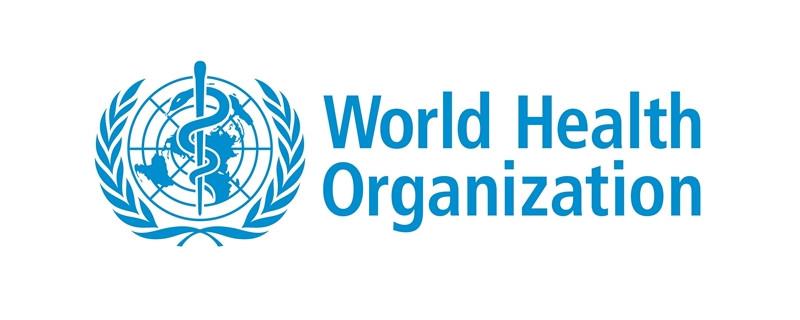Days that US Centers for Disease Control and Prevention (CDC), announce of detecting another variant of covid-19, the United Kingdom Health Security Agency (UKHSA), has officially verified the presence of the BA.2.86 variant of COVID-19 within the country.
This announcement was made through an update on the UKHSA’s official website on Friday. According to the UKHSA, this case involves an individual who has not recently traveled, suggesting that the variant might be spreading within local communities.
The BA.2.86 variant, marked by a substantial number of mutations, has been found to be genetically distinct from both its likely precursor, BA.2, and the presently circulating XBB-related variants.
Presently, there is an inadequacy of data to ascertain the variant’s comparative severity or its potential to evade immunity in comparison to other variants that are currently in circulation. Dr. Meera Chand, Deputy Director of the UKHSA, commented on the matter, stating, “The designation of V-23AUG-01 as a variant is grounded in its international transmission and the noteworthy mutation of the viral genome. This classification enables us to closely monitor its trajectory through our standard surveillance mechanisms.”
The confirmation of the BA.2.86 variant in the UK heightens concerns about its potential spread and underscores the significance of ongoing monitoring efforts to track its behavior and effects.
US – WHO tracking
Meanwhile US Centers for Disease Control and Prevention (CDC) and World Health Education on friday announced that they are meticulously tracking a novel strain of the COVID-19 virus, identified as BA.2.86. While the potential ramifications of this variant remain uncertain, both organizations are taking proactive measures to assess its impact.
The WHO categorized the BA.2.86 variant as one under surveillance, citing its possession of over 30 mutations within the spike gene. This development was highlighted in a bulletin released by the WHO on Thursday, focusing on the ongoing pandemic.
Thus far, the BA.2.86 variant has been detected exclusively in Israel, Denmark, and the United States. The US Centres for Disease Control and Prevention (CDC), have also confirmed their vigilant observation of the variant’s spread via a post on the social platform X (formerly known as Twitter).
At present, only four genetic sequences of the BA.2.86 variant have been identified. The WHO emphasises that the potential consequences of these mutations are currently unknown and are undergoing meticulous evaluation.
Alongside the monitoring of the BA.2.86 variant, the WHO is currently overseeing more than 10 other variants and their related lineages. While some nations have dismantled their virus surveillance operations, deeming the virus less severe, the WHO has criticised this move and instead advocated for reinforced monitoring efforts.
During the reporting period spanning from July 17 to August 13, the WHO reported a staggering 1.4 million new cases of COVID-19 and over 2,300 fatalities. This signifies a 63% surge in case numbers compared to the preceding 28-day period, while deaths decreased by 56%.
As of August 13, the global count of COVID-19 cases had surpassed 769 million, with over 6.9 million recorded deaths. However, experts anticipate that the actual toll is considerably higher due to the underreporting of numerous cases.



